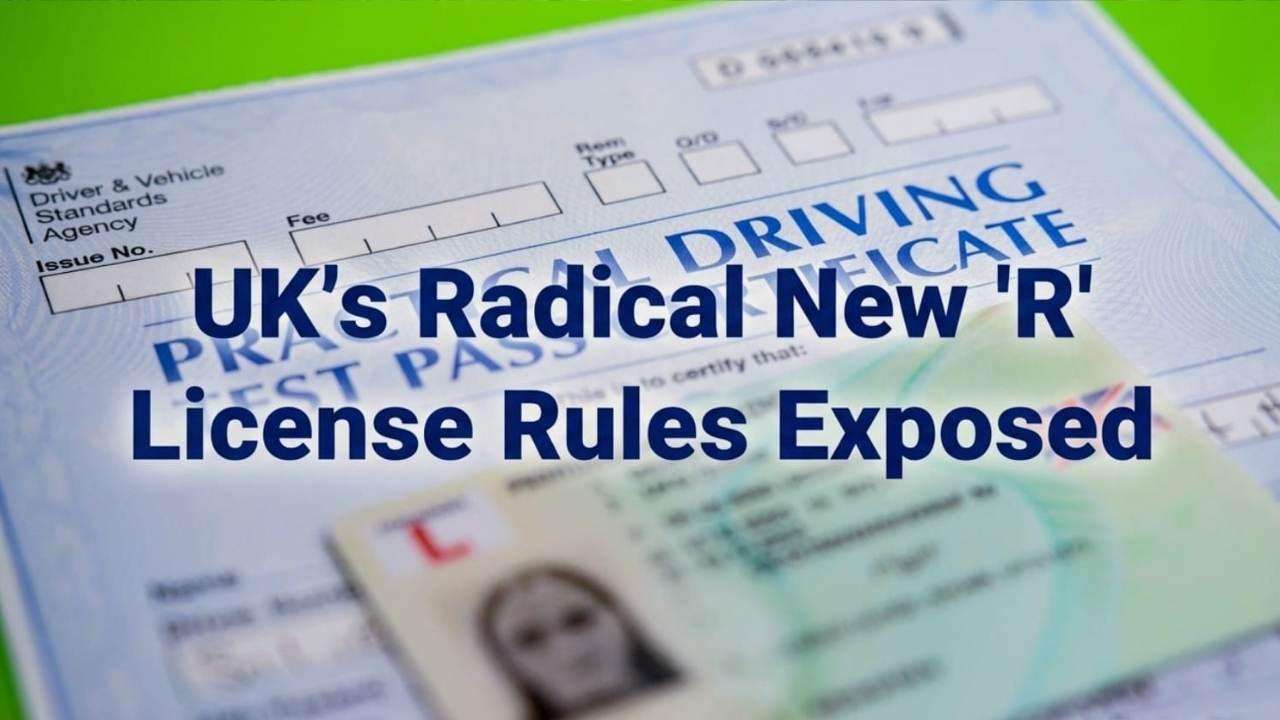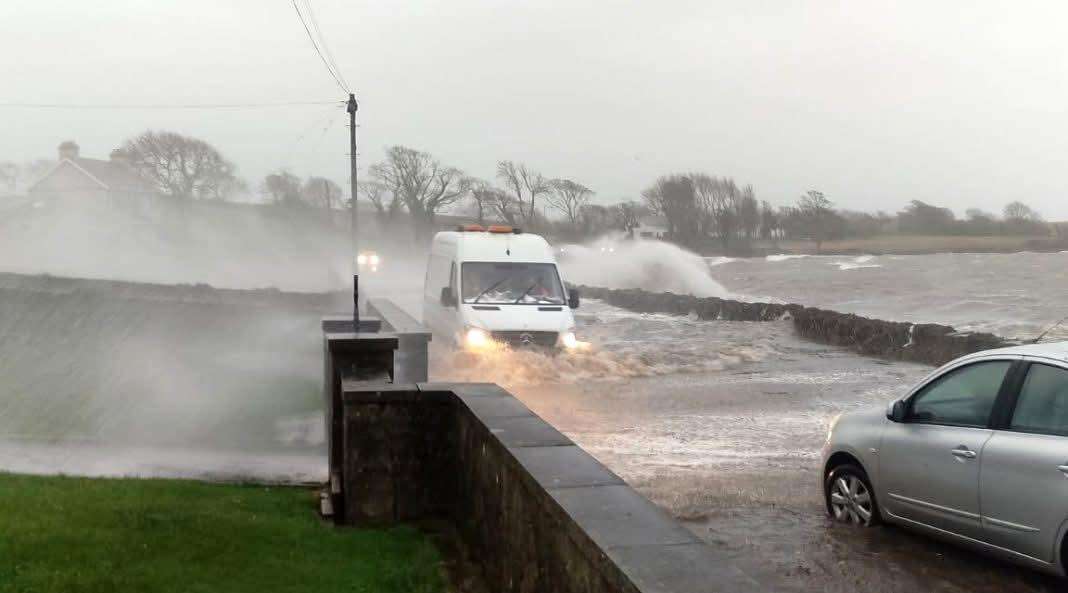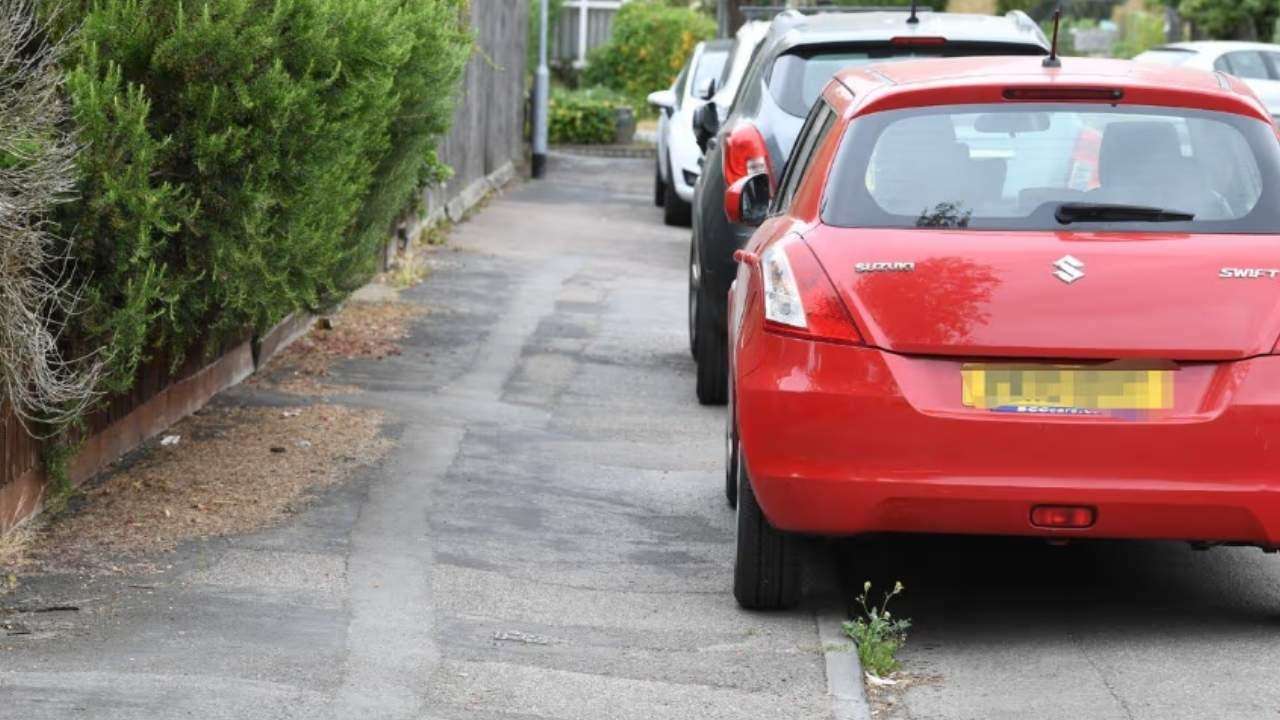Education Secretary Bridget Phillipson is set to enforce a pivotal change across England's education system, insisting all state-funded schools operate for a minimum of 32.5 hours over five days. This mandate, which is equivalent to a school day running until at least 3:30 pm and is expected to be implemented by September 2024, signals a clear commitment to ending regional disparities in pupils’ learning time.
The target is a small but vocal group of schools, primarily autonomous academies, that have leveraged their freedom to close earlier, some finishing as early as 2:30 pm, citing teacher welfare and cost-saving measures as justification. Phillipson's imminent response to the independent curriculum and assessment review, led by Professor Becky Francis, will reject calls for flexibility and demand compliance, marking a strong move to establish central government authority over the fragmented schools landscape.
The policy immediately sets the stage for conflict with teaching unions. Past proposals to extend the school day, even by a mere half hour, have resulted in threats of industrial action, with union leaders expressing deep concern that the compulsory extension will inevitably damage already fragile staff morale. Teachers argue that a longer day, without a corresponding increase in non-contact planning time or adequate funding, amounts to an unfunded mandate that risks increasing teacher burnout and compromising the quality of education. The National Association of Schoolmasters Union of Women Teachers, NASUWT, continues to insist that any changes must be preceded by an equality impact assessment to prevent disproportionate negative effects on staff and pupils.
Beyond the clock-watching, the Francis review introduces three major curriculum reforms aimed at driving up standards and promoting social mobility. The most significant is the requirement for all schools to teach Biology, Chemistry, and Physics as separate subjects—a practice commonly referred to as 'triple science.' This change is a direct response to data showing that the combined science route is more prevalent in less affluent areas, thereby creating a systemic barrier to progression into lucrative science A-levels and subsequent STEM careers. By standardising the higher-status route, the government hopes to create a more equitable pathway to these subjects.
Additionally, the history curriculum will be decentralised in focus, encouraging schools to embed local history—such as learning about the Bristol Bus Boycott of 1963 or local industrial heritage like Lancashire's cotton mills—to make the subject more relevant and engaging to students. Finally, a new mandatory reading test will be introduced for Year 8 pupils, a measure intended to identify and address literacy deficits early, despite union warnings that it will contribute to assessment pressure on young students and increase teacher workload. These changes, set to unfold over the coming period, represent a clear attempt to evolve the national curriculum without a radical 'big bang' upheaval, focusing instead on high standards and a core body of knowledge for all.








.svg)


.jpg)